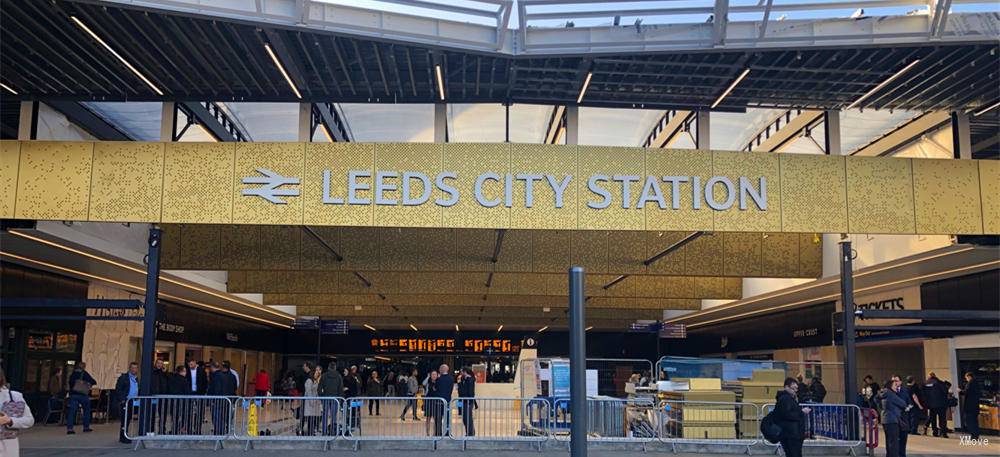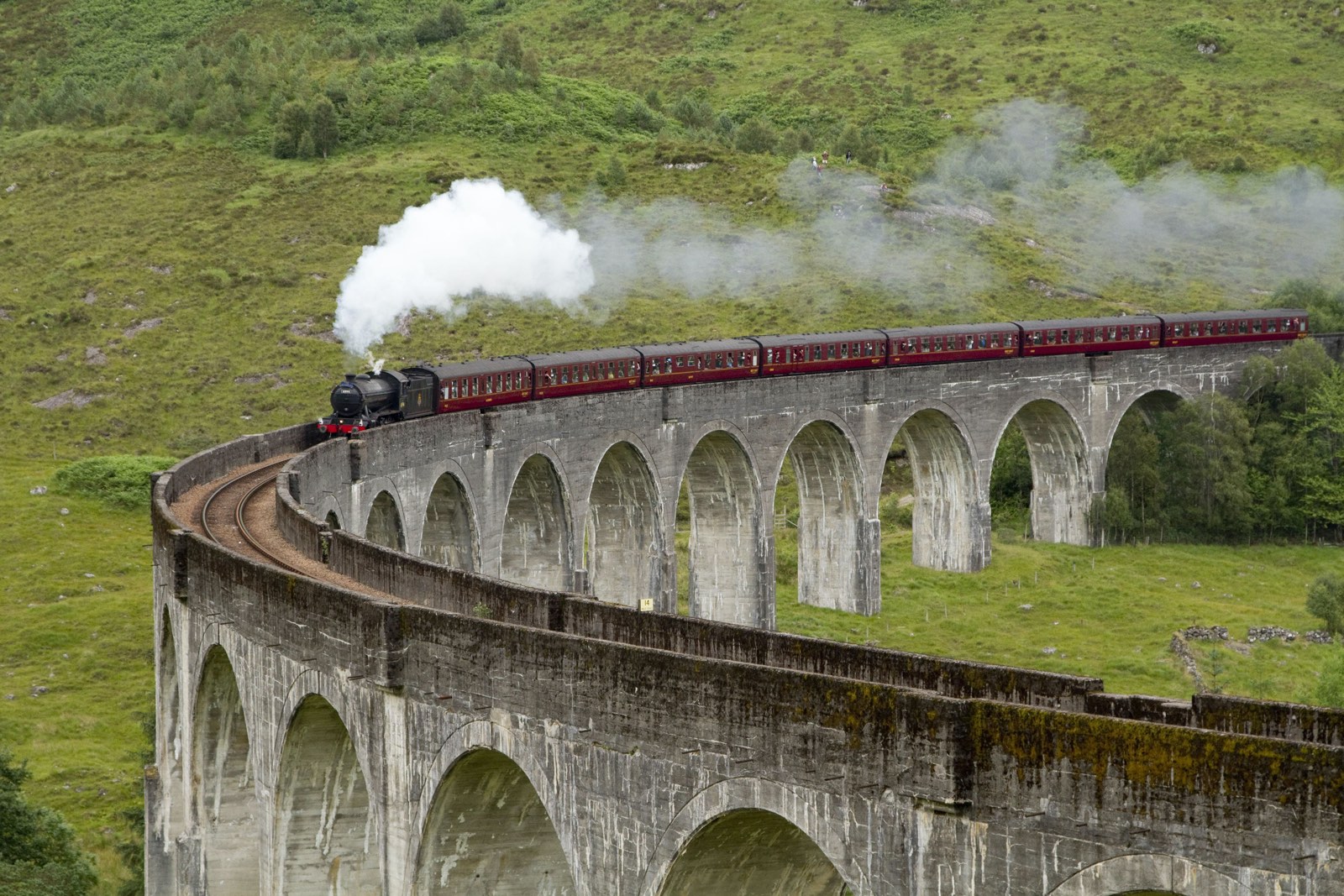Leeds
Introduction
Leeds Station is a main railway station serving Leeds city centre in West Yorkshire, England. As of 2016, this station is the third busiest station outside the London area. The station is located at the new station street south of the city square, at the back of the park road, behind the landmark Queens Hotel. The station is one of the 19 stations managed by the British National Railways.
Leeds is an important hub in the UK rail network. This station is the terminus of the East Coast main line Leeds branch line, providing high-speed intercity rail service to London. It is also an important stopover between the Scottish, Central and South West England railway lines connecting Birmingham and Glasgow. Major cities such as Edinburgh, Beatby, Nottingham, Redding, Bristol, Axal, Plymouth, Penzance. The station also offers regular intercity rail services to major cities in North England including Manchester, Liverpool, Newcastle and Sheffield. In addition, this station is also the terminus of the beautiful Settle-Carlisle Railway. Future stations will be expanded to connect to the No. 2 high-speed railway under construction.
Leeds is a local and regional railway hub in the Yorkshire region, connecting major cities such as York, Scarborough, Houcheng, Doncaster and Sheffield. This station is the center of the West Yorkshire Metro commuter rail system, providing rail services to Baraford, Wakefield, Desbury, Huddersfield and Halifax.
With a passenger volume of approximately 23 million passengers between April 2014 and March 2015, it is the busiest station in North England and the third busiest station outside London, second only to Birmingham New Street and Central Glasgow. .
Platform
Station 1 -6:
This part of the station is the terminal and therefore at the same height as the main hall, although stations 3 and 4 are far from the ticket gate.
The "C" portion of these platforms is closest to the lobby, but Part A is furthest from the ticket gate.
These five northern trains usually use this part of the station:
(1) Round-trip Bradford, including trains from Bradford to Manchester via the Hebden Bridge
(2) Wharfedale train to and from Ilkley
(3) Express trains to and from Skipton via Keighley & Worth Valley Railway and Saltaire to Saltaire Mills
(4) Harrogate Line Train
(5) Trains to Carlisle along the spectacular routes of Hellifield and Settle
(6) Trains to Lancaster via Hellifield and Carnforth
Stations 7 and 8:
The platform 8 is on the right side of the ticket gate line, and the platform 7 next to the main hall is at its far end, so that the trains using these stations are accessible.
LNER trains to and from London usually use platform 8.
Platform 9 -17:
The main feature of the Leeds station is a huge bridge that connects these platforms to the ticket gate through the main hall.
The hall and each platform are connected to the bridge via escalators and lifts (elevators) and there are stairs.
Long-distance trains using these platforms include:
(i) Cross-country trains to multiple destinations including Birmingham, Bristol, Derby, Edinburgh, Durham, Newcastle. Sheffield and York
(ii) Trans Pennine Express trains can reach multiple destinations including Durham, Hull, Liverpool, Manchester, Newcastle, Scarborough and York.
Leeds - Station Guide | Departures and Arrivals | Popular Routes








